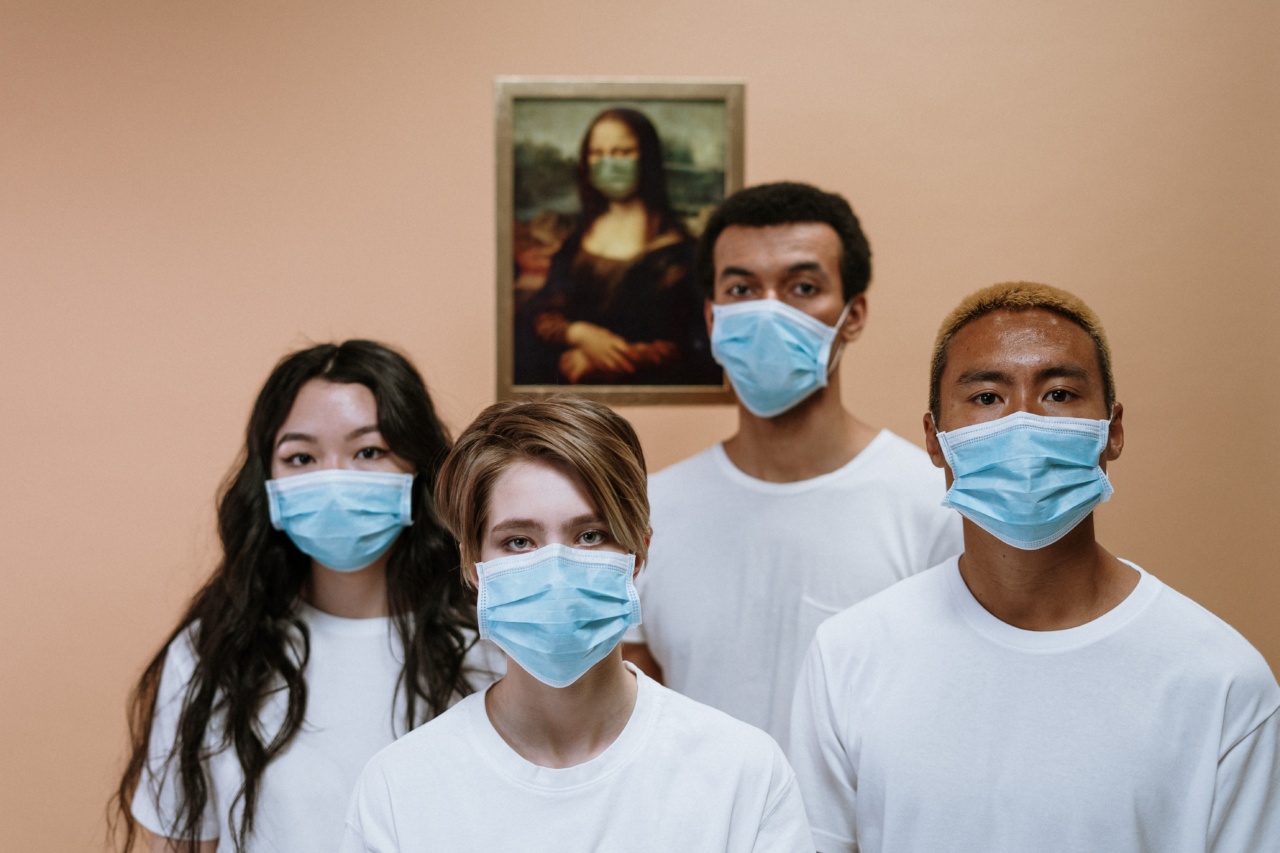Bacteria are single-celled microorganisms that are found in nearly every environment on Earth. While many bacteria are harmless, some can cause infections in humans, animals, and even plants.
In recent years, experts have grown increasingly concerned about the rise of drug-resistant bacteria and the impact they can have on public health.
What are Antibiotics?
Antibiotics are a type of medication that kills or stops the growth of bacteria. They are commonly used to treat bacterial infections such as strep throat, urinary tract infections, and pneumonia.
Originally discovered by Alexander Fleming in 1928, antibiotics were hailed as a wonder drug and revolutionized the treatment of bacterial infections.
What is Antibiotic Resistance?
Antibiotic resistance occurs when bacteria mutate and become resistant to the drugs that are designed to kill them. This happens when bacteria are exposed to antibiotics over time and develop ways to defend against them.
Bacteria can develop resistance in several ways:.
- Mutations: Bacteria can naturally change and mutate, allowing them to resist certain antibiotics.
- Horizontal gene transfer: Bacteria can share genetic material with other bacteria, allowing them to acquire antibiotic resistance genes.
- Overuse of antibiotics: When antibiotics are overused, bacteria are exposed to them more frequently, which can cause them to develop resistance more quickly.
How Antibiotic Resistance Develops
Once a bacterium develops resistance to one type of antibiotic, it can then pass that resistance on to other bacteria.
This means that over time, more and more bacteria become resistant to antibiotics, making it increasingly difficult to treat infections. Bacteria can also develop resistance to multiple antibiotics, making treatment even more challenging.
Why is Antibiotic Resistance a Problem?
Antibiotic resistance is a serious problem because it can lead to the development of superbugs. Superbugs are bacteria that are resistant to multiple antibiotics, making them extremely difficult to treat.
This can result in longer hospital stays, higher healthcare costs, and a higher risk of death for patients with infections.
What Can We Do to Combat Antibiotic Resistance?
The fight against antibiotic resistance requires a multi-faceted approach:.
- Promote responsible use of antibiotics: This means only using antibiotics when they are necessary and appropriate, and not overusing or misusing them.
- Develop new antibiotics: Scientists need to create new antibiotics to fight resistant bacteria.
- Improve infection prevention and control measures: Better infection prevention measures can help reduce the need for antibiotics.
- Educate healthcare providers and the public: Healthcare providers and the public need to be educated about the risks of antibiotic resistance and the importance of responsible use.
Conclusion
Antibiotic resistance is a growing problem that threatens public health around the world.
As bacteria become increasingly resistant to antibiotics, infections become more difficult to treat, leading to longer hospital stays, higher healthcare costs, and an increased risk of death. It is essential that we work together to combat antibiotic resistance by promoting responsible use of antibiotics, developing new antibiotics, improving infection prevention measures, and educating healthcare providers and the public.






























